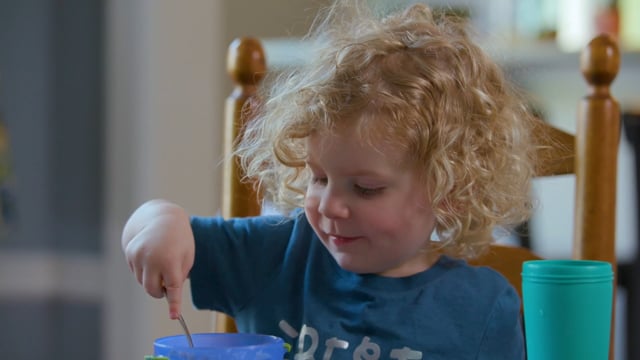- Parents Home
- Para Padres
- A to Z Dictionary
- Allergy Center
- Asthma
- Cancer
- Diabetes
- Diseases & Conditions
- Doctors & Hospitals
- Emotions & Behavior
- First Aid & Safety
- Flu (Influenza)
- Food Allergies
- General Health
- Growth & Development
- Heart Health & Conditions
- Homework Help Center
- Infections
- Newborn Care
- Nutrition & Fitness
- Play & Learn
- Pregnancy Center
- Preventing Premature Birth
- Q&A
- School & Family Life
- Sports Medicine
- Teens Home
- Para Adolescentes
- Asthma
- Be Your Best Self
- Body & Skin Care
- Cancer
- Diabetes
- Diseases & Conditions
- Drugs & Alcohol
- Flu (Influenza)
- Homework Help
- Infections
- Managing Your Weight
- Medical Care 101
- Mental Health
- Nutrition & Fitness
- Q&A
- Safety & First Aid
- School, Jobs, & Friends
- Sexual Health
- Sports Medicine
- Stress & Coping
Snacks for Toddlers
Parents of toddlers often wonder if their kids are getting enough to eat. Some toddlers seem too busy to slow down and eat. Others may be picky eaters. Toddlers don't eat a lot at one sitting, but they still need to eat a variety of healthy foods. That's where snacks come in.
Healthy snacks can help balance out an uneven diet. Snacks can boost the nutrients your toddler gets when you serve fruits, veggies, whole grains, dairy, and protein foods.
Most toddlers do well with three meals and two or three scheduled snacks a day — mid-morning, mid-afternoon, and again after dinner, if needed.
What Snacks Are Good for Toddlers?
Toddlers love to feel in control, so offer two or three healthy options and let kids choose. You can offer smaller portions of the foods you serve at meals, or try:
- thin slices or small pieces of fruit
- applesauce
- cooked veggies
- graham crackers
- cheese slices
- yogurt
- low-sugar, whole-grain breakfast cereals
Avoid foods that can cause choking, such as whole grapes, raisins, popcorn, pretzels, nuts, hot dogs, sausages, chunks of meat, hard cheese, raw veggies, or hard fruits.
Make Healthy Snacking a Habit
Toddlers will eat what's served to them and ask for what they know is in the cabinet. So stock up on healthy snacks and avoid snacks that are high in sugar, salt, and fat.
To help toddlers eat healthy:
- Make sweets, chips, and other treats the exception rather than the rule. An occasional treat is fine, but serve healthy snacks most of the time.
- Encourage your child to try new foods, but don’t force it. It can take several tries before a toddler will accept a new food, so don’t give up.
- Pay attention to portions sizes. Toddler portions should be about ¼ the size of adult portions.
- Don’t use food as a reward or to bribe your child.
- Be a role model by eating healthy yourself.

Handling Picky Eating in Toddlers
Make mealtimes more pleasant and less stressful for everyone by learning how to handle a picky eater.